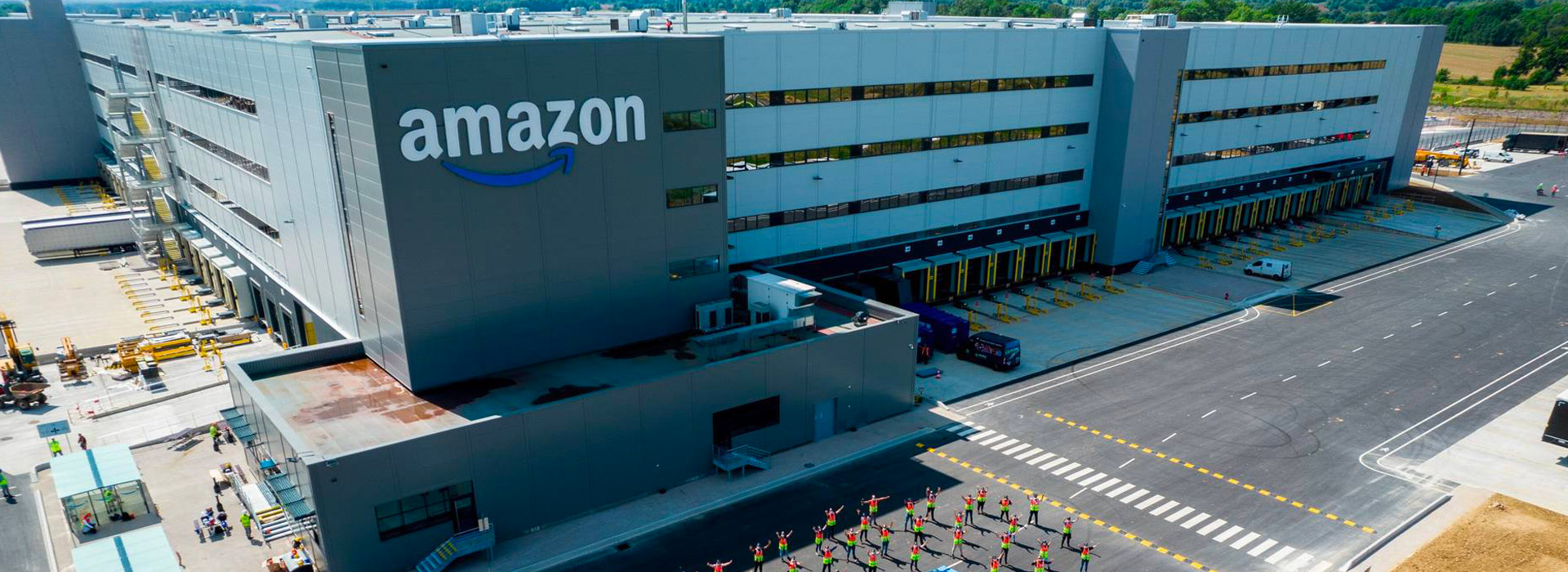Geographic location at the heart of Europe
Close proximity to Germany, Luxembourg and Belgium, providing access to a market of over 25 million consumers. The metropolitan area is close to major European industrial and commercial zones, reinforcing its role as a logistics and transport hub.
Metz Eurometropole's economic offering
The Metz Eurometropole boasts well-located business parks and logistics parks, notably close to the A31/A4 freeways and the TGV Est high-speed train line, which facilitates the movement of goods and people. Urban logistics is also developing, with last-mile transport, storage and inventory management solutions to meet the needs of e-commerce distribution and local services.
Environmental issues and the energy transition are also playing a major role in the sector's development. The metropolis has real potential to become a hub for sustainable logistics, with green transport initiatives (electric trucks, intermodal transport solutions, experimentation with hydrogen-powered commercial vehicles, creation of an E.L.U: Espace de Logistique Urbaine) featuring a network of public electric charging stations.
Multimodal infrastructure
Thanks to its infrastructure (roads, railways, waterways, airports), the Metz Eurometropole is able to attract new companies and expand its economic base.
The multimodal nature of the Metz Eurometropole makes it possible to respond flexibly to demand: transporters can choose between road, rail and waterways, depending on their needs and constraints (time, cost, etc.).
River transport
The Moselle River offers 154 km of navigable waterways. More than 6.2 million tonnes of goods pass through here every year.
A wide-gauge river link connects the region to major European shipping routes. It opens the way for 3,000-ton self-propelled Rhine vessels, with uninterrupted access to the Rhine and the North Sea (Rotterdam and Antwerp).
Education and training for transport and logistics professions
We offer a wide range of training courses covering all the needs of companies in the sector, from CAP to Master's degrees, in both initial and vocational training.
The opening of the I2L engineering school in 2024 demonstrates the industry's need for logistics innovation.




